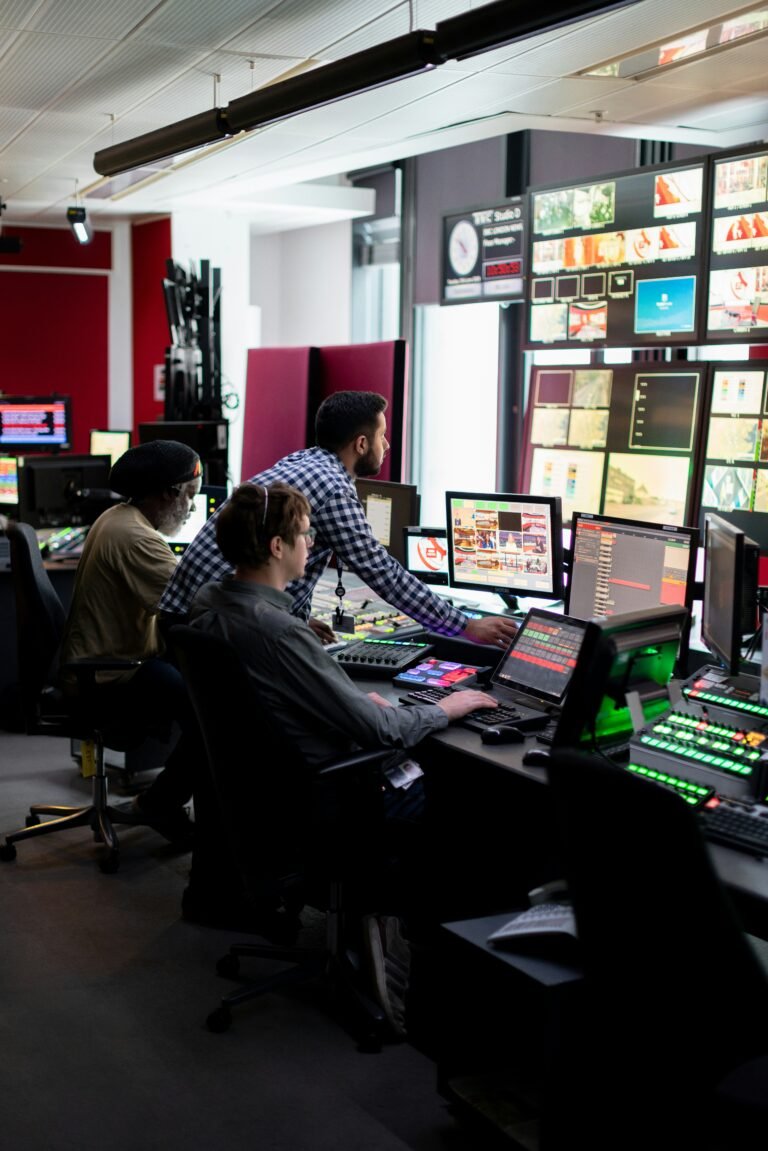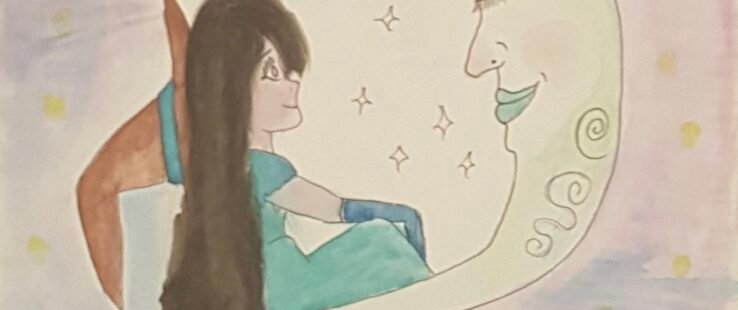/ March 6, 2024/ Blog, Self Development
The amount of information we have available at our fingertips today is ridiculous. It’s both a fantasy and a nightmare to me. It’s as if we had access to an infinite library where, if you find an interesting book you might dive into a rabbit hole and take hours, days, or even months to come out of it.
In part, it has to do with how we consume information…
How we process it…
How we apply it in our lives…
How we share it…
Social media makes us skip half of the equation. When we enter the loop of “infinite scrolling,” we don’t get to fully understand everything we’re seeing, and we hardly have time to stop and think about what it can bring to our lives.
The other part has to do with discernment and each person’s internal values. If we don’t process the information we consume, it’s like swallowing without chewing. There comes a point where, subconsciously, we’ve internalised information that isn’t ours, that we don’t know where it comes from or where it will take us.
This is especially important when we talk about spirituality. It’s something extremely personal, unique, and even sacred in a way. Just as we take care of our physical and mental health, we have to be careful about who we let into our spirituality.
This is why It’s crucial to develop our spiritual discernment and to have keys that allow us to follow our own path.

Key #1: Defining Your Spiritual Needs
If we continue at this consumption pace, we will inevitably absorb things we don’t want. To avoid this, we need to reflect on our life, our needs and preferences.
Each person is a whole world, and just as there are people who prefer studying with mnemonic rules, others may find it more useful to write or repeat something out loud 50 times. The manifestation technique of writing the same thing 3 times in the morning, 6 times in the afternoon, and 9 times at night might work wonders for a girl with blond highlights in the US.
To you, it may not change your life at all… In fact, it might even make it more difficult because you don’t enjoy writing.
Perhaps she’s terrible at visualizing, yet for you, it’s not a problem to imagine yourself with your ideal partner in Thailand with a million dollars in your bank account.
There are as many ways to manifest/meditate/heal as there are people in this world.
Because each person is unique, and according to Anthroposophy and other mystical schools, we come to Earth to learn to be masters of matter. Sometimes we have to try different ways until we find ours. While it’s important not to close ourselves off to anything, we have to define our spiritual needs to avoid going down paths that don’t align with what we truly need.
Key #2: Discerning Spiritual Information Sources
Once we have defined our needs, we must look for reliable and authentic sources of information. In a world where anyone can publish online, it is crucial to develop skills to discern the quality of the information we consume.
We wouldn’t go to someone without a medical degree and years of experience for a specific surgery. Nor would we seek advice on our lives from someone whose life is not in order.
Similarly, we cannot expect good advice on relationships or interpersonal matters from someone who has been divorced seven times (e.g., Teal Swan). While Instagram can provide inspiration from other peoples’ lives, we can’t become so absorbed in them that we forget to check in with ourselves.
I would start with the “sacred” texts of mystical schools. These texts share a common goal but are described from different viewpoints, depending on the culture.
From the Hindu Bhagavad Gita and the Bible to the Quran and the Chinese Tao Te Ching.
These writings contain timeless teachings that have guided generations throughout history. Exploring these works can provide a solid foundation for our spiritual understanding.
In addition to these sacred texts, it is useful to seek contemporary sources recognised for their authority and experience not only in spirituality but also in psychology and philosophy. These interdisciplinary sources can offer a unique and enriching perspective, allowing us to integrate ancestral wisdom with modern and practical knowledge.

Key #3: Spiritual Discernment with Your Intuition
In a world saturated with information and distractions, learning to tune into our own intuition is essential to find the balance and clarity we seek. It sounds very mystical and easy, almost like a buzz word, but it’s simpler than it seems.
Our intuition can be like an internal compass that guides us towards decisions that align with what we truly want. But to listen to it clearly, one must find silence and calm. That’s why those who teach meditation say that one must “clear the mind”.
Meditation can be painting, dancing, taking a walk in nature… It really boils down to doing an activity that turns down the noise of the world a bit. Before engaging in such activity, your brain might scream:
“This partner has given me wonderful moments even though we’re in a fight right now…”
“All jobs have something wrong with them, it’s normal that I am feeling so bad now…”
“I could call this friend, but I’m sure they’ll call me if something happens…”
That’s the “ego,” the logical part of our brain that keeps us alive in some way, but once we silence it… Not completely, just enough… Then we get to hear that whisper telling you that this partner isn’t really right for you, that maybe this job doesn’t fulfil you, that you need to call that friend you haven’t heard from in a while…
Often, our intuition act as a lighthouse guiding us through life, even when we face difficult decisions or moments of uncertainty. When we follow our intuition, we navigate life with confidence and wisdom, knowing that we are in harmony with our true purpose and destiny.

Keys to develop our spiritual discernment
In summary, in a world of vast amounts of information, it is important to develop discernment to find clarity and authenticity in our journey. It is essential to reflect on how we consume, process, apply, and share information in our daily lives, especially when it comes to spiritual matters.
Defining our spiritual needs helps us avoid absorbing information that does not benefit us and find practices that resonate specifically with us. Seeking authentic and reliable sources of information, both ancient and contemporary, provides a solid foundation for our spiritual growth. Learning to listen to our intuition is necessary to navigate life with confidence and wisdom and not stray from our path.
Ultimately, by developing spiritual discernment with these keys, we move towards a deeper understanding of ourselves and the universe we inhabit, finding meaning and authenticity in our journey.
